Home / About /
The IHDD is grateful for the generous support of our funders. Their investments in research, direct services, leadership development, and community partnerships help us advance equity, accessibility, and inclusion for individuals with disabilities.
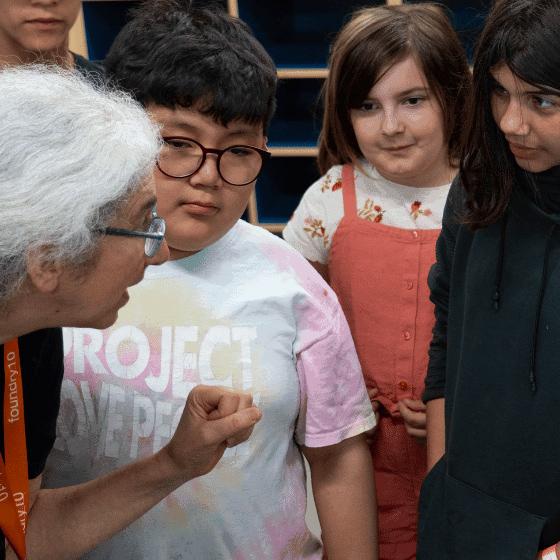
foundry10
At foundry10, we believe all young people deserve education that truly serves their best interests. Yet many face unmet needs and unclear pathways to success. These gaps are often overlooked due to limited data, assumptions, and systemic barriers, making meaningful change difficult—even when solutions are clear.

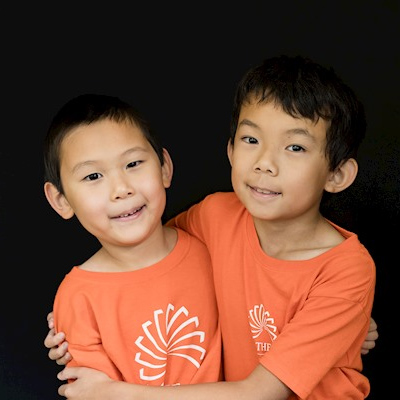
Kai and Zen Endowment for IHDD
Inspired by our sons, Kai and Zen, we created the Kai and Zen Endowment to support families facing autism and developmental disabilities. The endowment benefits the University of Washington’s IHDD, which provides critical services—from early diagnoses to workforce support. We’ve faced the long waits, high costs, and limited resources ourselves, and while IHDD helps break down these barriers, its growth is limited by fixed government funding.

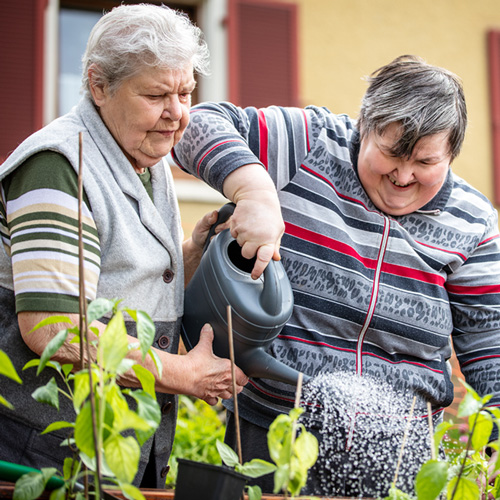
Kuni Foundation
The Kuni Foundation is a philanthropic organization that supports people with intellectual and developmental disabilities and funds innovative cancer research. With a focus on equity and inclusion, the foundation invests in programs that promote independence, dignity, and scientific discovery across the Pacific Northwest.

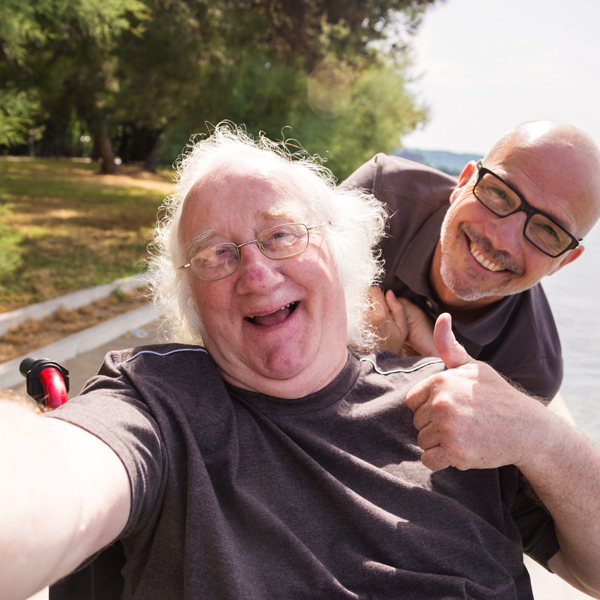
Administration for Community Living (ACL)
The Administration for Community Living (ACL) was founded on the belief that older adults and people with disabilities should live independently and fully participate in their communities. Through community-based services, research, and innovation, ACL helps make this vision a reality for millions.

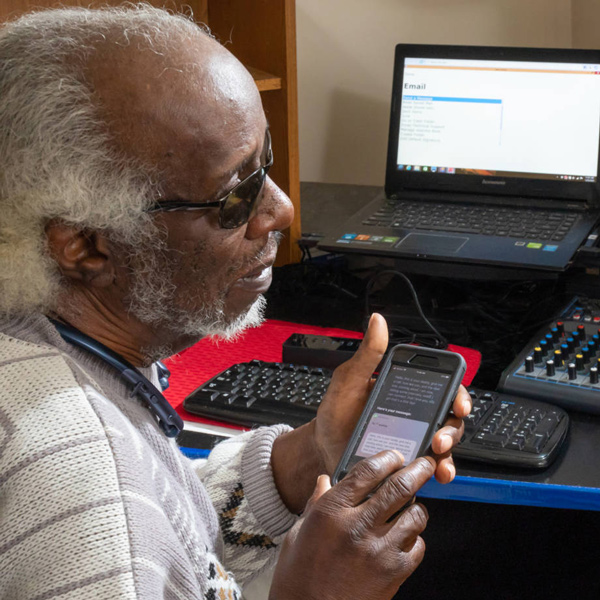
iCanConnect Washington
iCanConnect Washington is part of a national program with local contacts to help people stay connected with friends, family, their community, and the world. iCanConnect provides free equipment and training to people with both significant vision and hearing loss who meet disability and income guidelines. People eligible for iCanConnect receive an assessment to identify solutions to support their distance communication goals.

